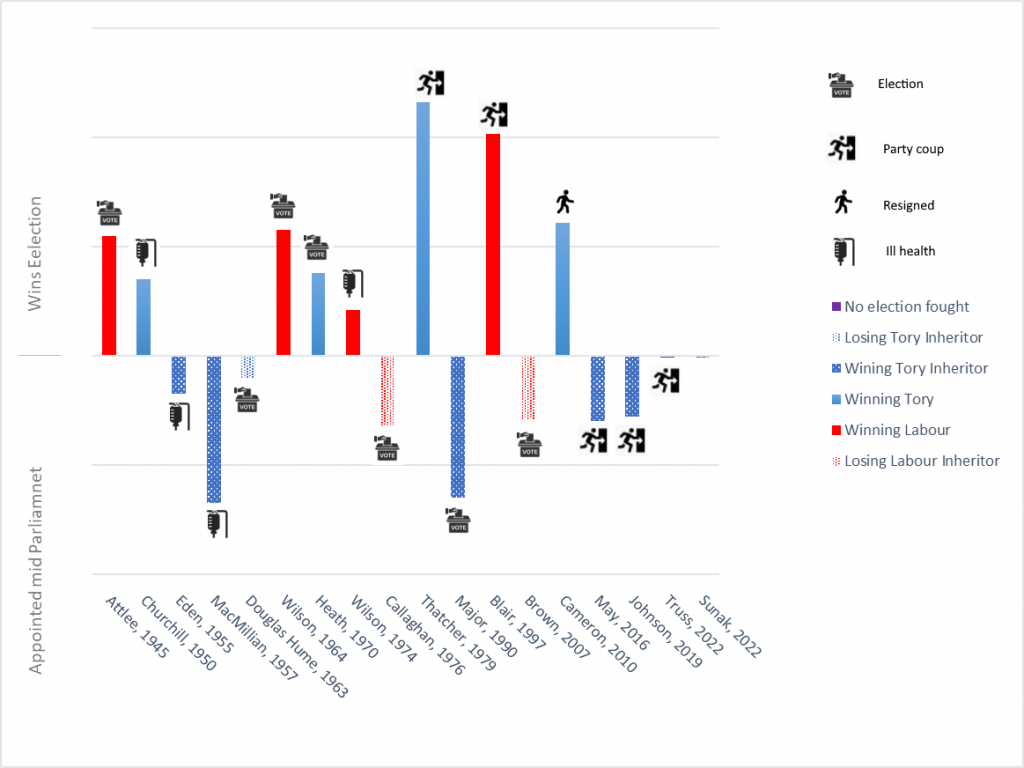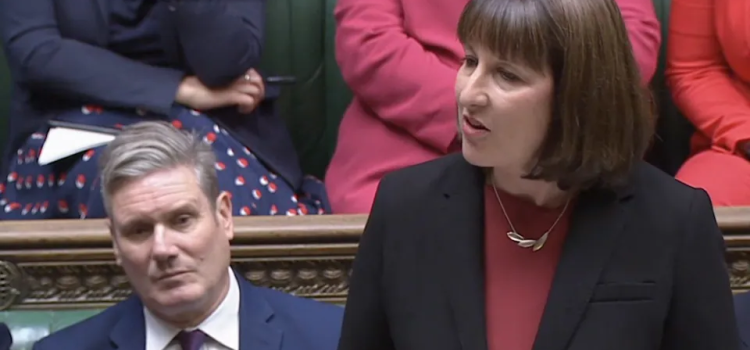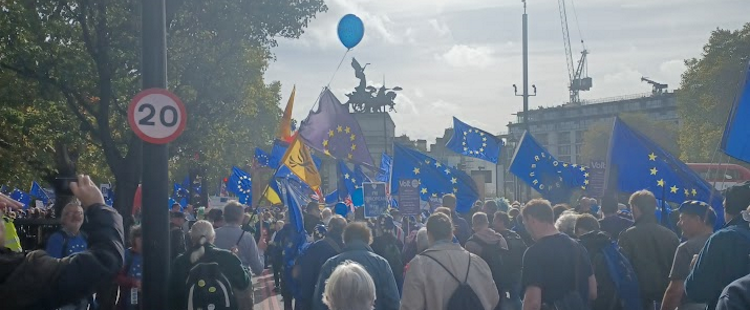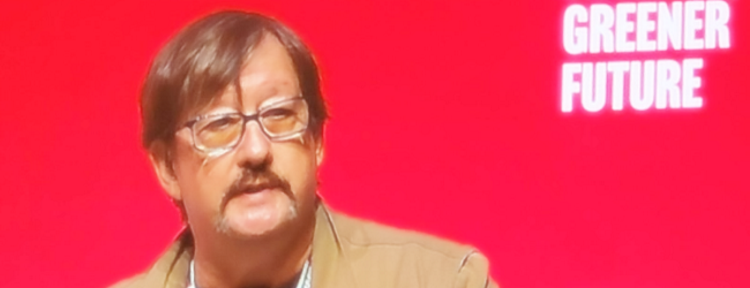We have a new Prime Minister and ex-Prime Minister. Every time we change PM without an election there is a call for an election, but, rightly that’s not how we do things. However I have revised my history chart.

The chart was originally designed to help understand if those that inherited the office were more successful electorally than those that became PM by winning a general election. Our recent history skews the data towards the idea that it is not the case. although some might consider me generous in saying that May is a successful inheritor; she remained Prime Minister. With Truss’s resignation, I have to introduce a new category of a PM that didn’t fight an election but I have classified her as ‘couped’.
For Labour we can safely say, that it acquires the premiership through elections and it is unsuccessful in sustaining its inheritors, Callaghan and Brown. The Tory case is more complex, and skewed by its recent post Brexit referendum history, but only Douglas-Hume inherited the office and failed to win an election, but he was set up.
On first examination this is not so easy to read, and maybe I should consider the colour coding of the categories but, Up means that they became PM by winning a general election and all the up bars are solid colours, with blue and red being obvious to non US readers. Bars going down represent administrations that came into being mid-parliament, and a dark hatching is because the PM successfully won re-election, and the light hatching that they did not. Truss is actually a purple, as uniquely she did not fight an election.
The data file (in excel) is here. Feel free to copy it and see if you can find out more. Let me know if you do. …






